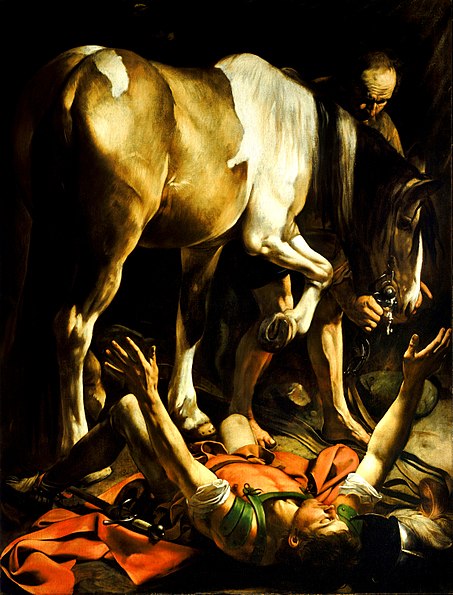(1) : the service and worship of God or the supernatural (2) : commitment or devotion to religious faith or observance
2 : a personal set or institutionalized system of religious attitudes, beliefs, and practices
3 archaic : scrupulous conformity : conscientiousness
4 : a cause, principle, or system of beliefs held to with ardor and faith
I was just reading Willard's book, Knowing Christ today, and was struck by the following (read the bold- the rest is given for context if you're interested):
Jesus comes through in spite of everything. The most profound critic of society and the "masks", Christian or otherwise, is Jesus himself. In this respect he stands in the line of the sharp-tongued Hebrew prophets and brings it to completion. Berger finds that "the crucial point of the relationship between Christian faith and the antireligious critique is to be found in a theological proposition. The proposition states that the revelation of God in Jesus Christ (which is the object of Christian faith) is something very different from religion." Religion has many critics, but Jesus has few. He is a self-authenticating reality beyond the myriad of social cocoons. He belongs to humanity. He called himself "Son of Man."Christianity is not simply a human endeavor- not something we have done - it is the response to what God has done. (and continues to do!) It's not that I don't think the church is important. Rather I think that in some way this (the reason for the church in the first place) is really good news for the church. This is a living God we worship, in ongoing creative activity, challenging and transforming us and our tangled up society. As usual I find myself back at the incarnation, my wonder and fear and love deepening each time I understand more of this Jesus I have chosen to follow.
... Christ transcends all social visions and all entanglements with religion. In him God breaks through. "Christian faith is not religion," Berger affirms. That is the scalding truth of the matter. Suddenly from under the smothering panoply of human visions there emerges an outbreak of realism - a little breath of something that promises to interrupt and stand in judgment upon all our enculturated "visions" and their possible "alterations" of one into another. It is the Jesus of "all nations", of "all ethnic groups," of all kinds of people, of "whosoever will" -- of the last who are first and the first who are last in human orders. He is the light that gives light to everyone who is in the world. (p146)
What do you think?
 Caravaggio, The Conversion on the Way to Damascus (1601) (see Acts 9:1-18)
Caravaggio, The Conversion on the Way to Damascus (1601) (see Acts 9:1-18)




